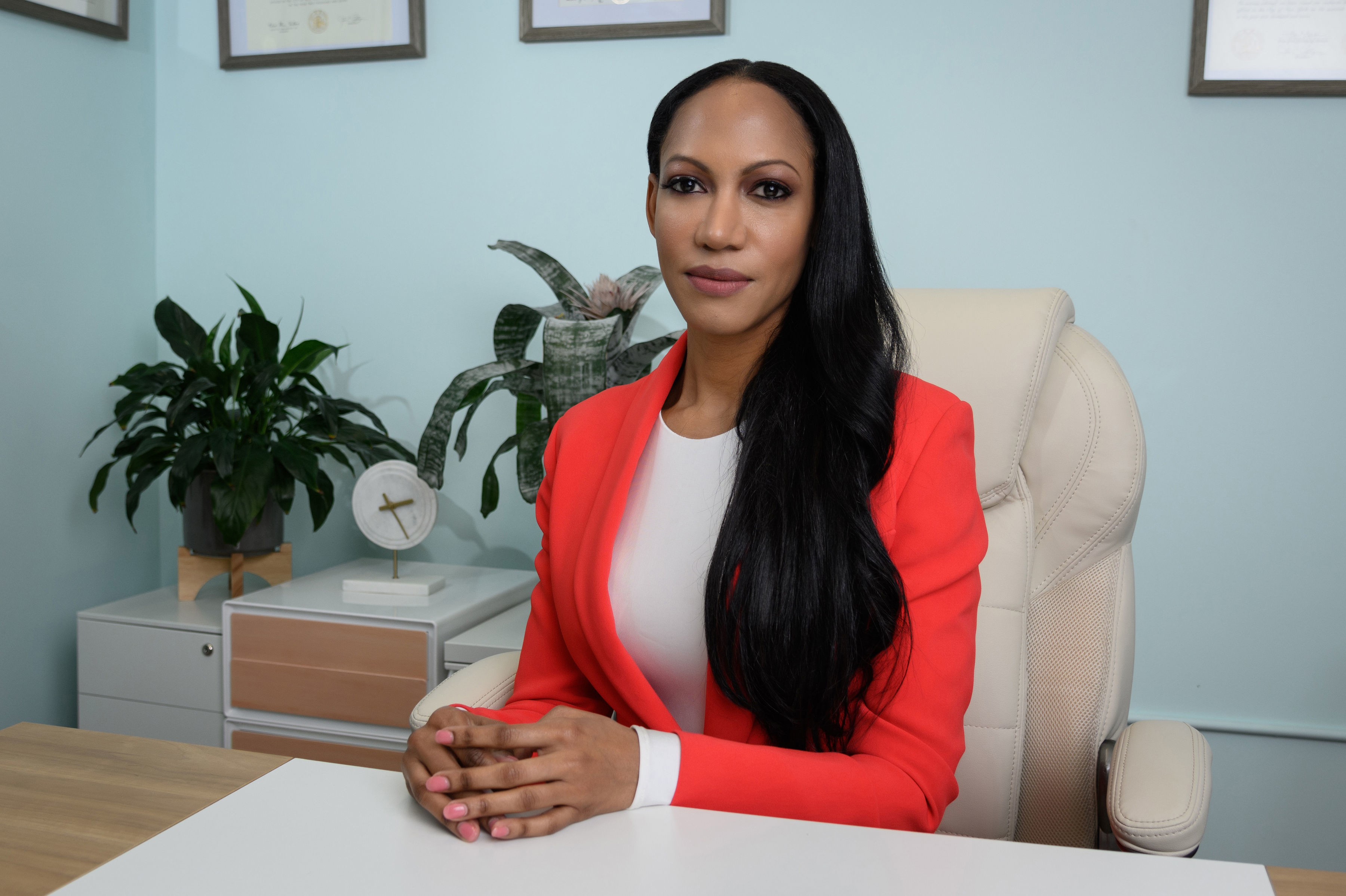In the video, he explains that he's suffered from anxiety his whole life, but has since started taking magnesium and vitamin D to help his condition. He says his symptoms have drastically improved, to the point where he says he doesn't have anxiety anymore.
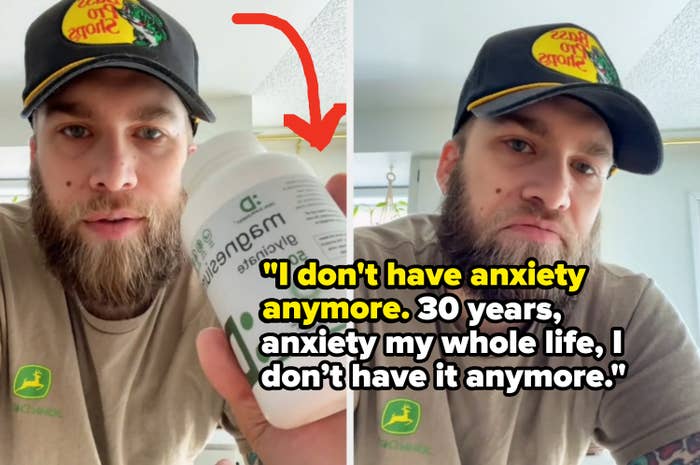
Since posting the video, millions of people have been curious about adding the supplements to their daily routines, and many have said it's helped them manage their anxiety, too.
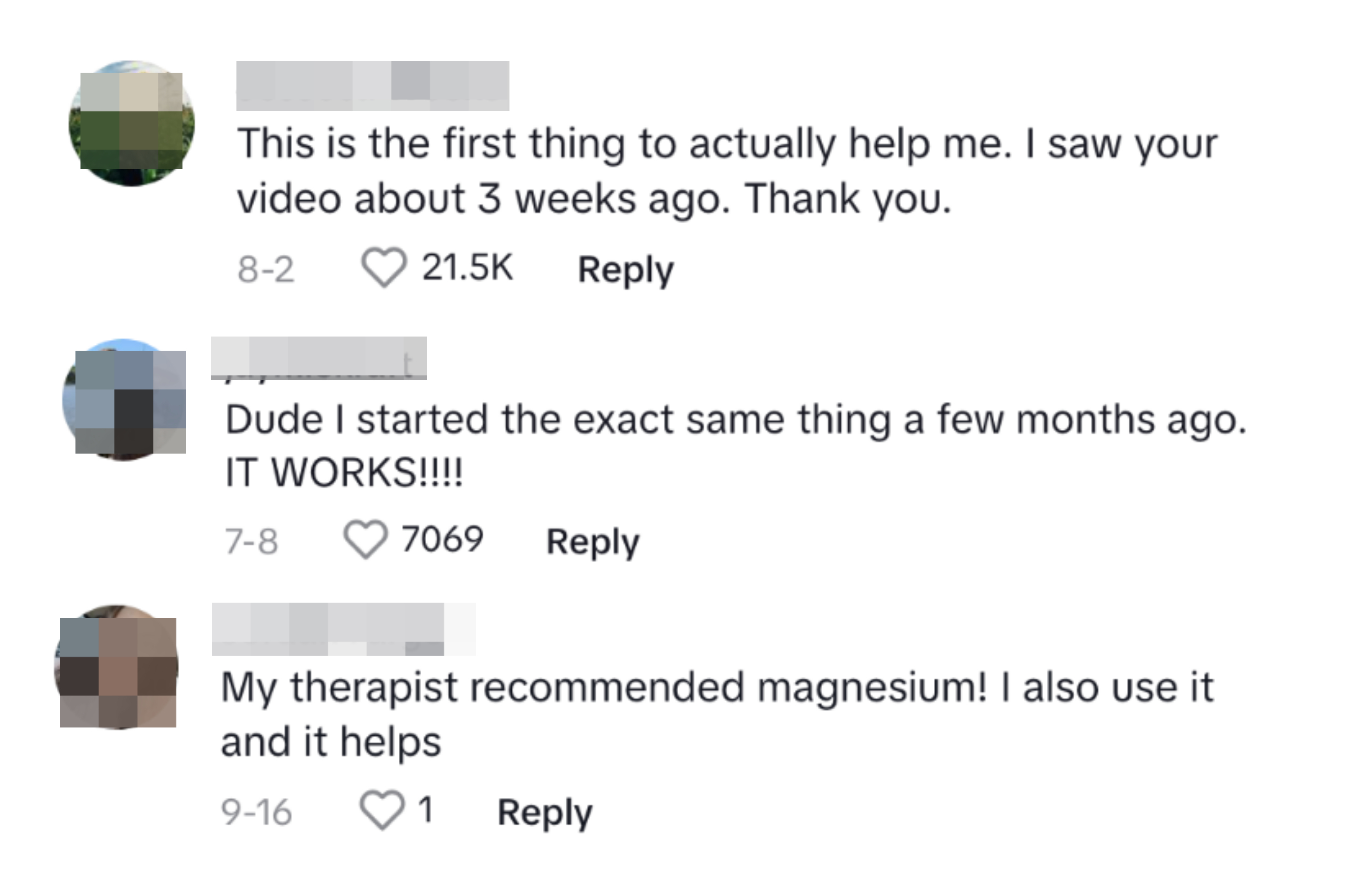
Being that this went so viral with a concerning amount of people taking medical advice from a TikTok, I felt it was only necessary to do my due diligence and ask an expert. And, I was curious myself, too.
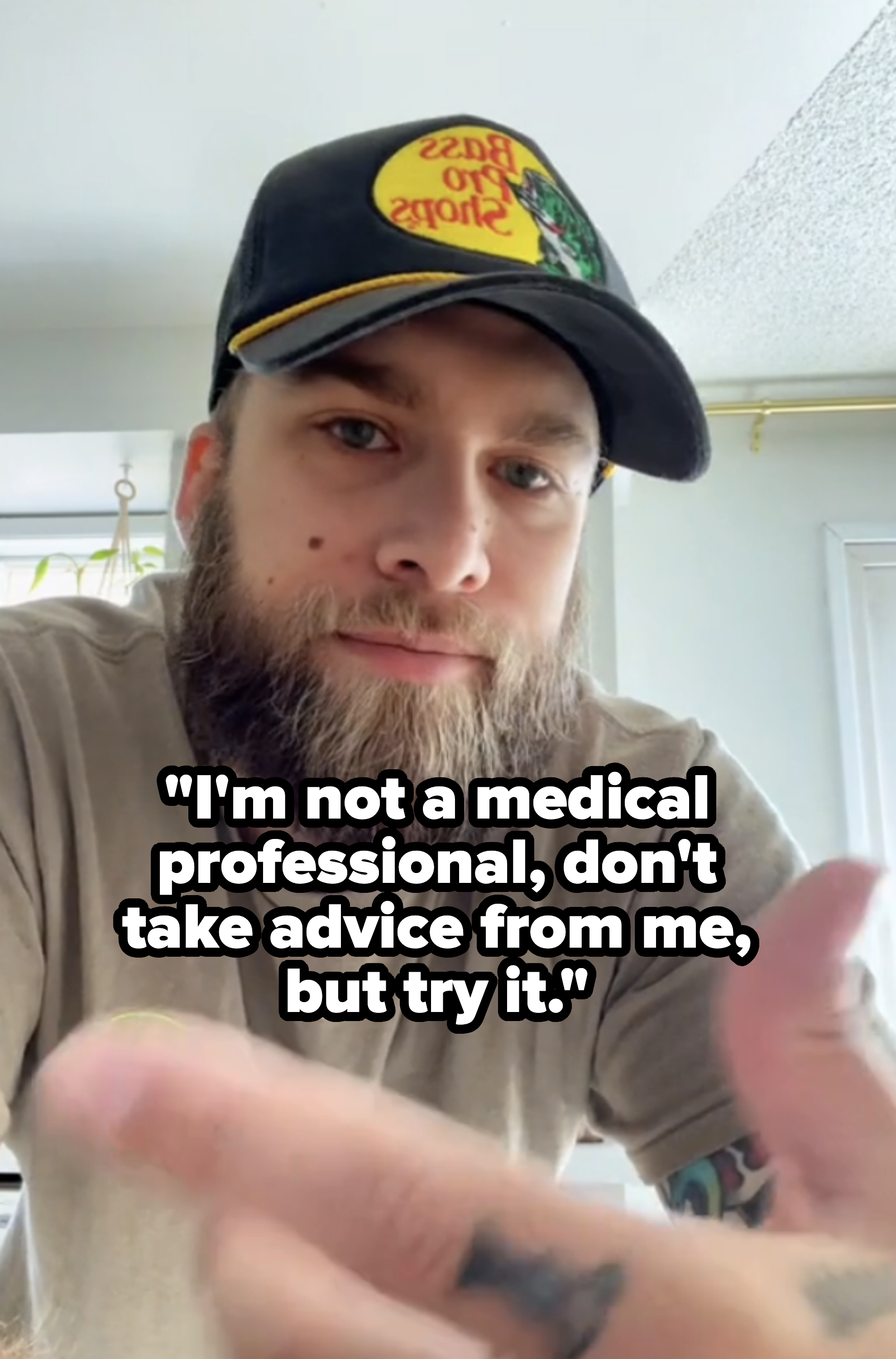
I reached out to Judith Joseph, MD, MBA, a board-certified psychiatrist and Clinical Assistant Professor at NYU Langone Medical Center, to help me understand if there are benefits to taking magnesium and vitamin D to help with anxiety.

To my surprise, I learned that taking magnesium and vitamin D actually can improve anxiety, particularly if the person is deficient in the nutrients. Dr. Judith Joseph told me, "As a psychiatrist, I regularly check vitamin D levels and electrolytes because many symptoms of anxiety and depression can be alleviated when nutrients are replenished."
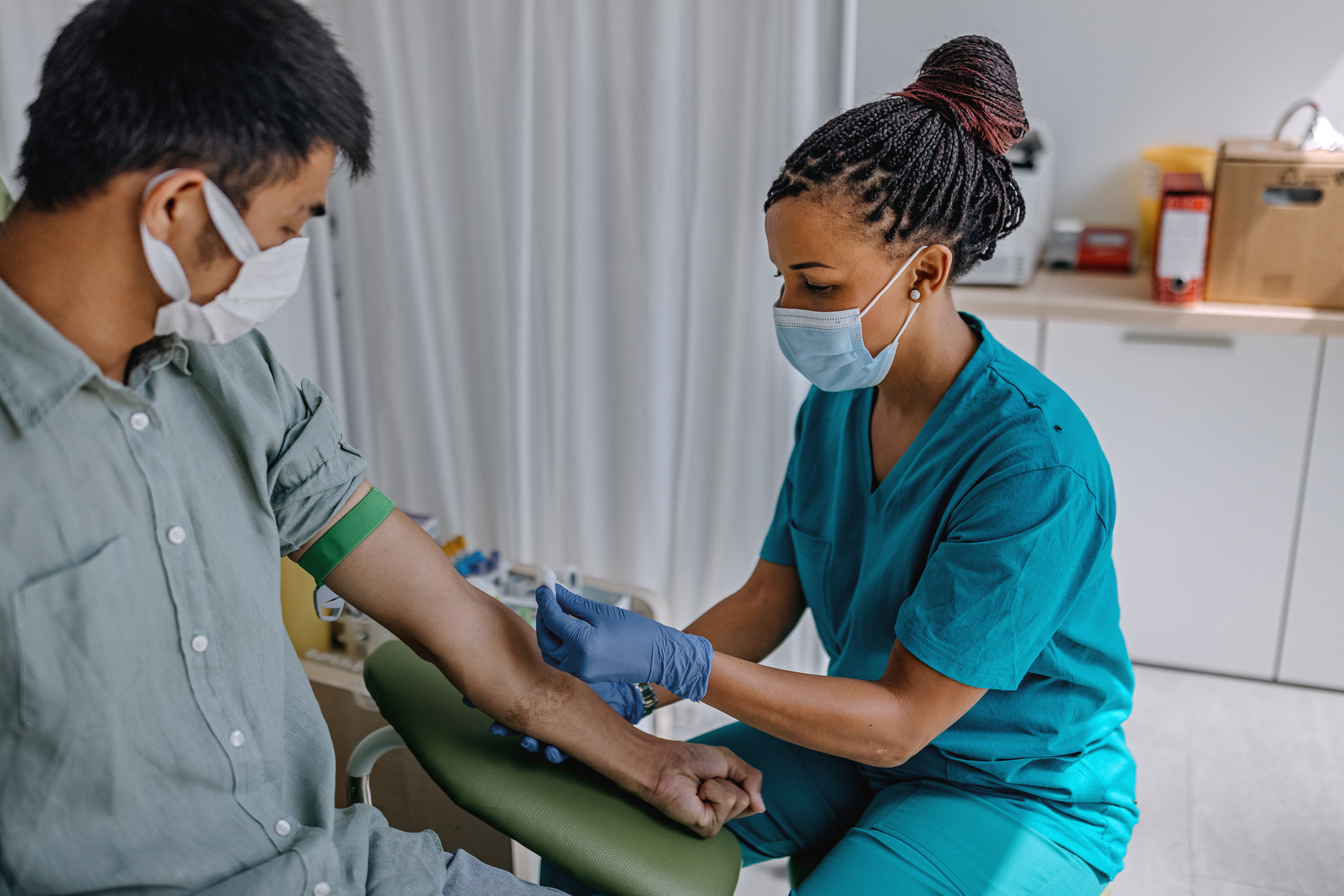
Dr. Judith Joseph told me vitamin D helps brain function, neuron functioning, and has anti-inflammatory properties, that and magnesium is needed for glutamate and NMDA brain processes. She said both nutrients are connected to mood and cognition.
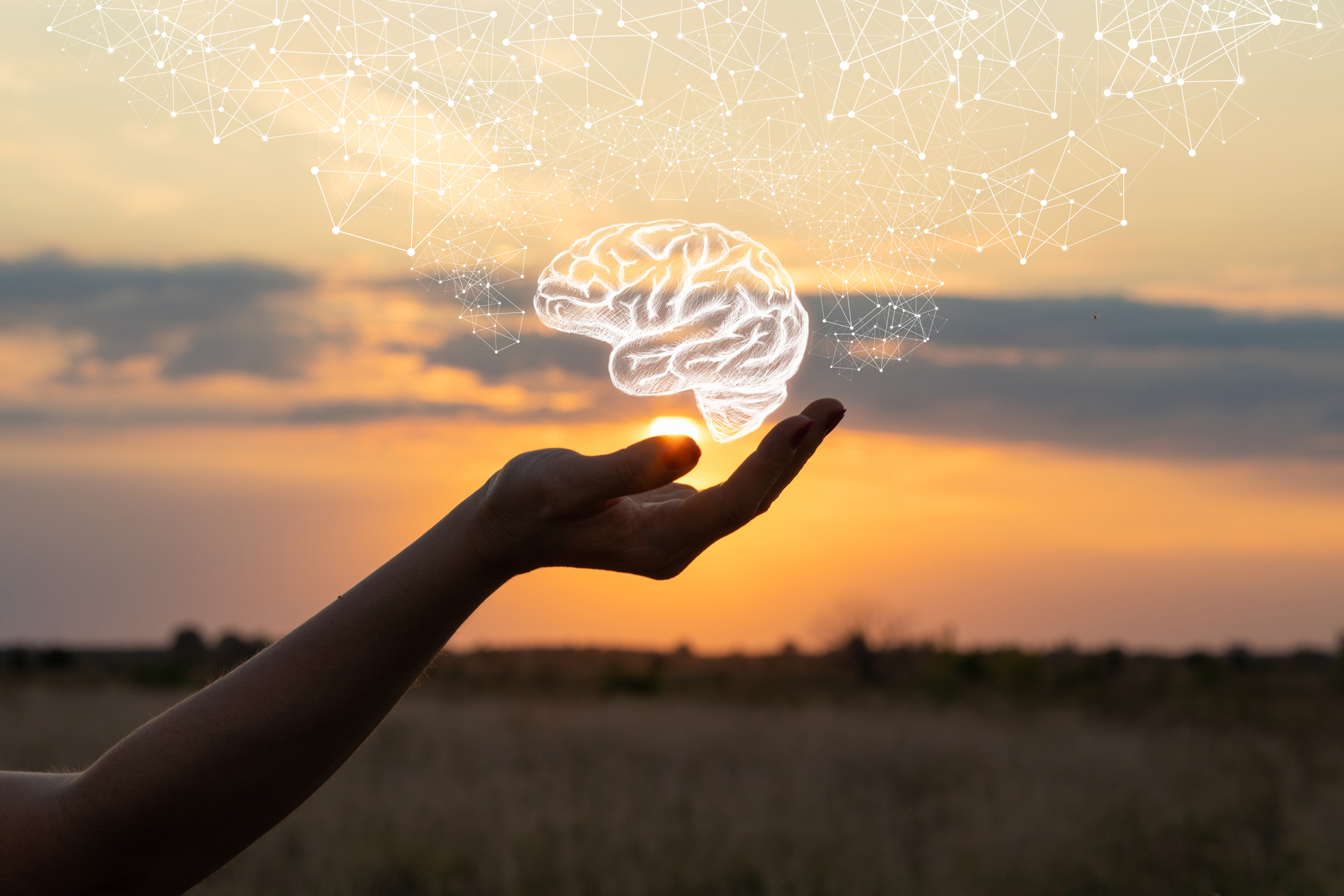
When I asked why Tyler and others might feel less anxious after taking magnesium and vitamin D, Dr. Judith Joseph said, "It is possible that the individual is deficient. However, even individuals who are not deficient find benefit in mood, energy, and cognition when they use these supplements to support nutrition."

However, Dr. Judith Joseph said she typically only suggests supplements when there is a clear deficiency. "In my practice I suggest that my patients try to get these nutrients in food by eating foods that are high in Vitamin D and magnesium. However, if there is a clear deficiency, then I recommend supplements."
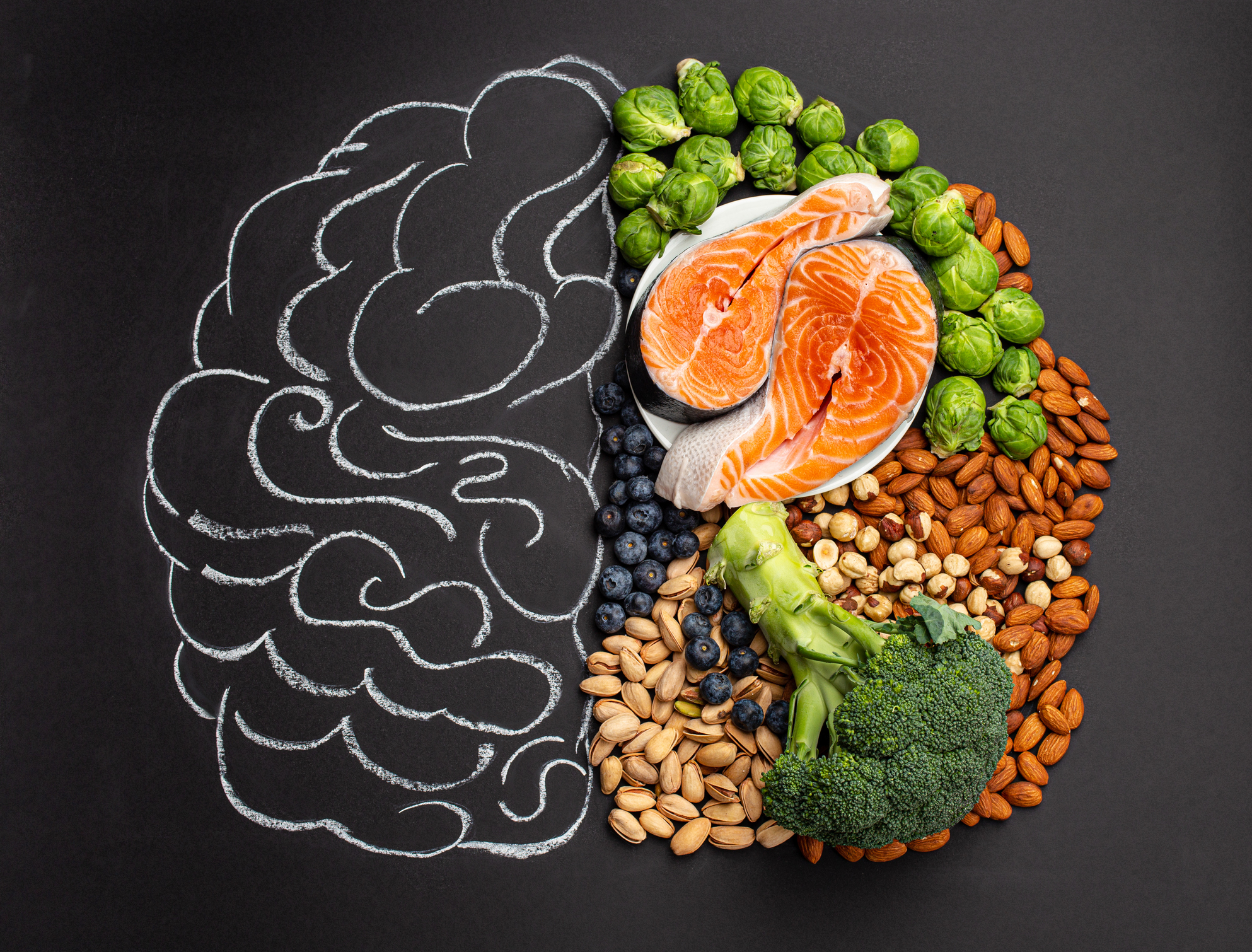
And if you're wondering why Tyler discussed needing to take vitamin D and magnesium together in order for it to "work," Dr. Judith Joseph helped explain. She told BuzzFeed, "Some data suggests that you should take both. It is easier to test for low vitamin D than low magnesium, and the symptoms of deficiency of both overlap. It's safest for me to suggest that patients take both because if they are deficient in one due to poor diet, they are likely to be deficient for the other."

While magnesium and vitamin D certainly can provide benefits to patients, especially if they suffer from deficiencies, Dr. Judith Joseph wants viewers to know that these deficiencies are not the cause of most cases of depression and anxiety, and are not necessarily a replacement for other mental health treatments, unless discussed with a medical professional.

For instance, in her practice, Dr. Judith Joseph said her patients benefit from and see improvement in their anxiety with the help of cognitive behavioral therapy (CBT), somatic therapies, yoga, nutritional psychiatry, and mindfulness.
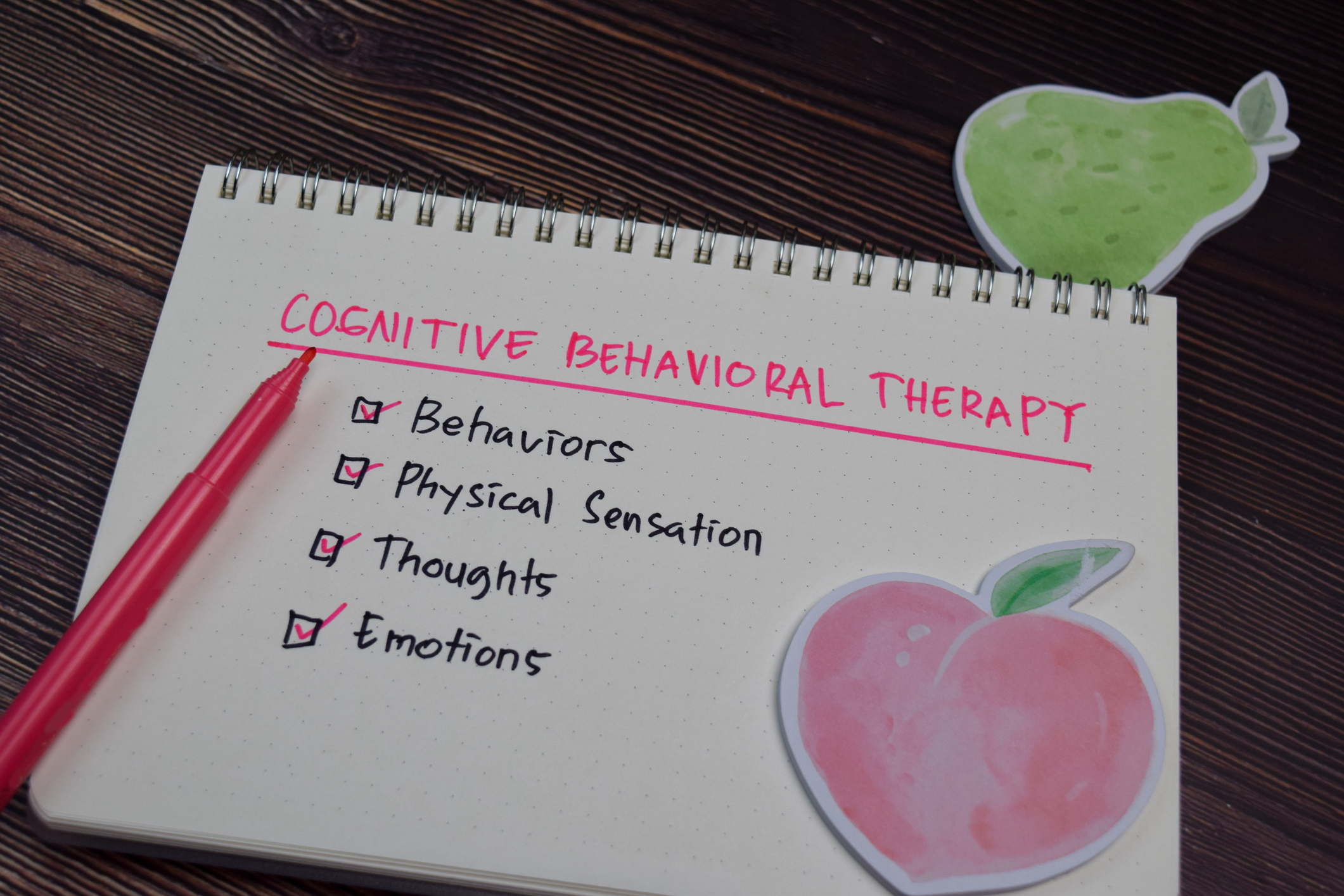
For those who are struggling with anxiety or their mental health, Dr. Judith Joseph had one last important reminder: "It is important to learn about your symptoms from evidence-based and peer-reviewed sources and not just from one TikTok. You deserve to have knowledge about your condition."

If you are struggling with anxiety, speak to a licensed professional about possible treatment plans, and before taking any supplements.
You can keep up with Dr. Judith Joseph on TikTok and Instagram, where she shares her expertise and breaks down complex mental health topics.
